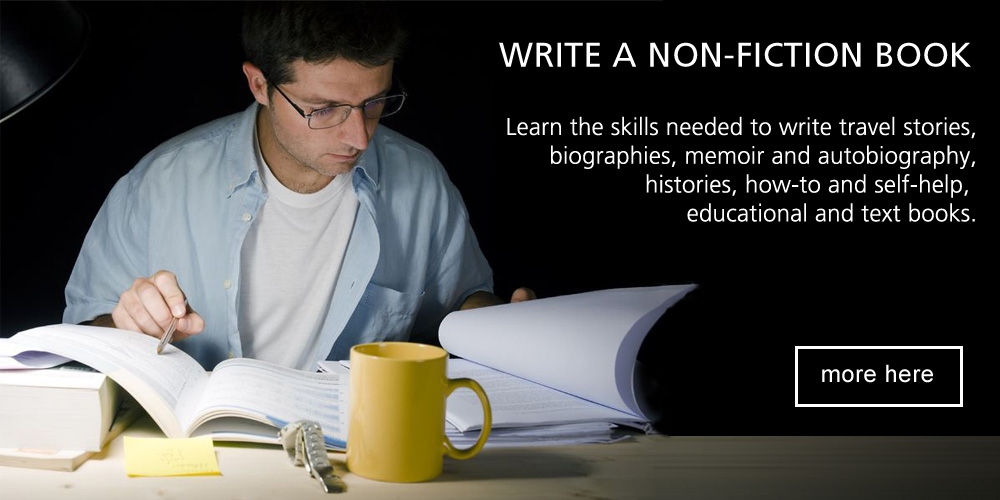Procrastination isn’t only a habit of the lazy. It can also be used as a powerful means of improving your writing performance.
BY CHANTAL TARLING
Many writers are procrastinators in one way or another – you rush research that should have been finished ages ago or you’re late in meeting deadlines. You know that if you stopped waiting until the last minute, life would be far less stressful. And for some of you, it’s become such an ingrained habit that you don’t know how to write – or live – in any other way. But, some studies show that procrastination isn’t necessarily the self-sabotaging behaviour that you’ve always believed it to be.
Are all types of procrastination negative?
If you deliberately choose to procrastinate for strategic reasons, it can actually be a useful tool. A study performed by Chu and Choi in 2005 showed that procrastinators fall into two categories, passive procrastinators and active procrastinators. While passive procrastinators struggle through life avoiding looming deadlines, active procrastinators are waiting until the last minute because it gives them an edge.
Passive procrastinators struggle to get things done
Passive procrastination is the most common type of procrastination. You put off working on projects because you feel overwhelmed and indecisive. You often feel lazy and unmotivated, but you’re really trying to distract yourselves from an unpleasant emotion related to the task. You escape from these feelings by using the avoidance behaviour of passive procrastination.
Why do writers procrastinate?
Unpleasant emotions that result in procrastination are often related to the fear of having to fulfil your own expectations. In her book, The Artist’s Way, award-winning journalist and author Julia Cameron writes, “Fear is the true name for what ails the blocked artist. It may be fear of failure or fear of success… Do not call procrastination laziness. Call it fear. The fear of not being good enough. The fear of not finishing. The fear of beginning at all.”
Elizabeth Gilbert, the author of Big Magic, agrees. She writes, “Look around you, the evidence is everywhere: People don’t finish. They begin ambitious projects with the best of intentions, but then they get stuck in a mire of insecurity and doubt and hairsplitting…and they stop. So if you can just complete something – merely complete it! – you’re already miles ahead of the pack, right there.”
So, if you find yourself choosing ironing over research and cleaning out the kitty tray to avoid writing, you may be a passive procrastinator.
What happens when writers passively procrastinate?
- Lowered self-esteem, feeling incapable, disorganised and embarrassed.
- Damage to your health due to stress and delayed medical intervention.
- Strain on relationships at work and at home.
- A lack of financial planning can cause financial losses.
Overcoming Procrastination provides some great passive procrastination strategies and tips.
If you’re going to procrastinate, rather be an active procrastinator
Active procrastinators actually choose to procrastinate as a working strategy, according to Chu and Choi’s study, “When faced with last -minute tasks, they feel challenged and motivated, and that feeling immunizes them against the kind of suffering common in passive procrastinators.” Other studies show that there are benefits from new information obtained close to deadlines.
In Adam Grant’s TED Talk, The Surprising Habits of Original Thinkers, he explains that procrastination can boost creativity, “Procrastination gives you time to consider divergent ideas, to think in nonlinear ways, to make the unexpected leaps.”
So, start using your delay tactics in a positive way. If you’ve left a task right up to the last minute, instead of panicking, use the remaining time to focus. Remember, you have the most-up-to-date info and your brain has been creatively ruminating during all that time you’ve used…
And don’t say you’ll start tomorrow!
About the Author:

















